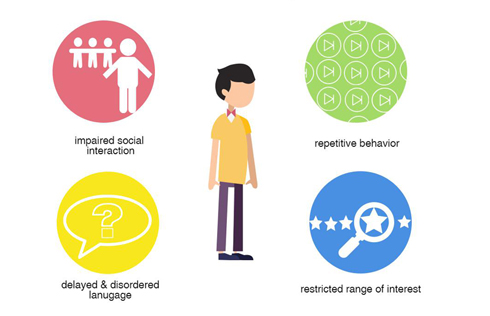Visa policy to attract global tourists
Shanghai is trying to consolidate its status as a global hot spot by allowing visitors arriving by passenger liners to spend three days in the city without a visa.
Pending approval from the central government, the city plans to extend the visa-free policy at its two airports to the cruise terminals, and set up duty-free stores and tax-refund outlets there, the Shanghai Municipal Tourism Administration said on Tuesday.
The policy, first raised in a proposal by Shanghai Deputy Mayor Zhao Wen to the national political meetings in March, will hopefully be in place within the year, the administration added.
Since Jan 1, air travelers from 45 countries, including the United States, France, Japan and Australia, have been permitted a 72-hour visa-free stay inside the "administrative area" of Shanghai, a move that has boosted tourism and consumption.
Tourists holding third-country visas and plane tickets are allowed to apply for visa-free transit at the city's Hong- qiao and Pudong airports. Before this, Shanghai had been carrying out a program for years to allow visitors arriving from 32 countries by air a 48-hour visa-free stay.
"Early research and studies for a feasibility policy are much more important than remedies for problems exposed afterwards," Chen Ping, an official in charge of inbound and outbound tourism at the administration, said on Tuesday.
"The institutional barrier is not a major problem. More of the concerns are about potential problems along with the new policy," he added.
Consequently, the city's tourism administration is seeking approval from national customs and finance authorities.
As for how, or to what degree, the new program will benefit the tourism sector, Chen said it is hard to estimate because unlike business travelers taking airplanes, tourists arriving in liners set their itineraries far in advance.
But the policy corresponds to Shanghai's plan to develop its tourism and cruise industry, Chen said.
"Shanghai will become more and more open. It is making breakthroughs, and new programs and policies are coming up," he added.



















